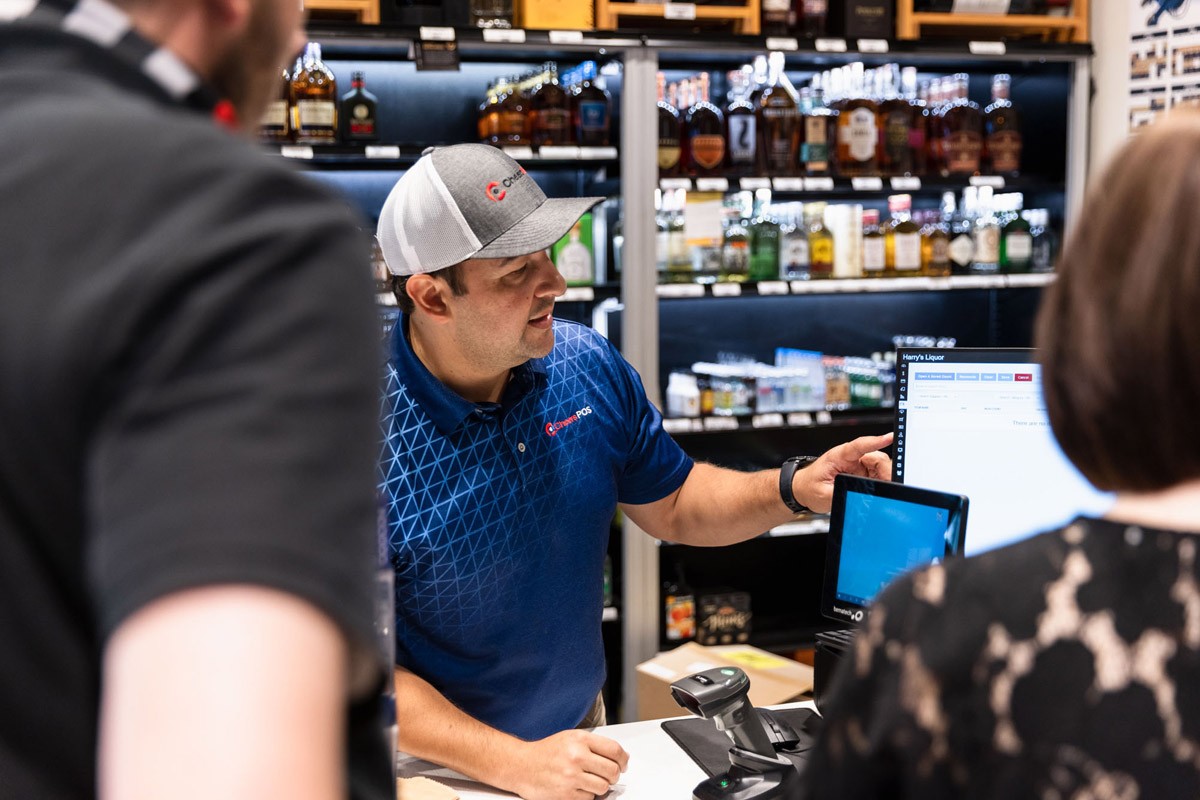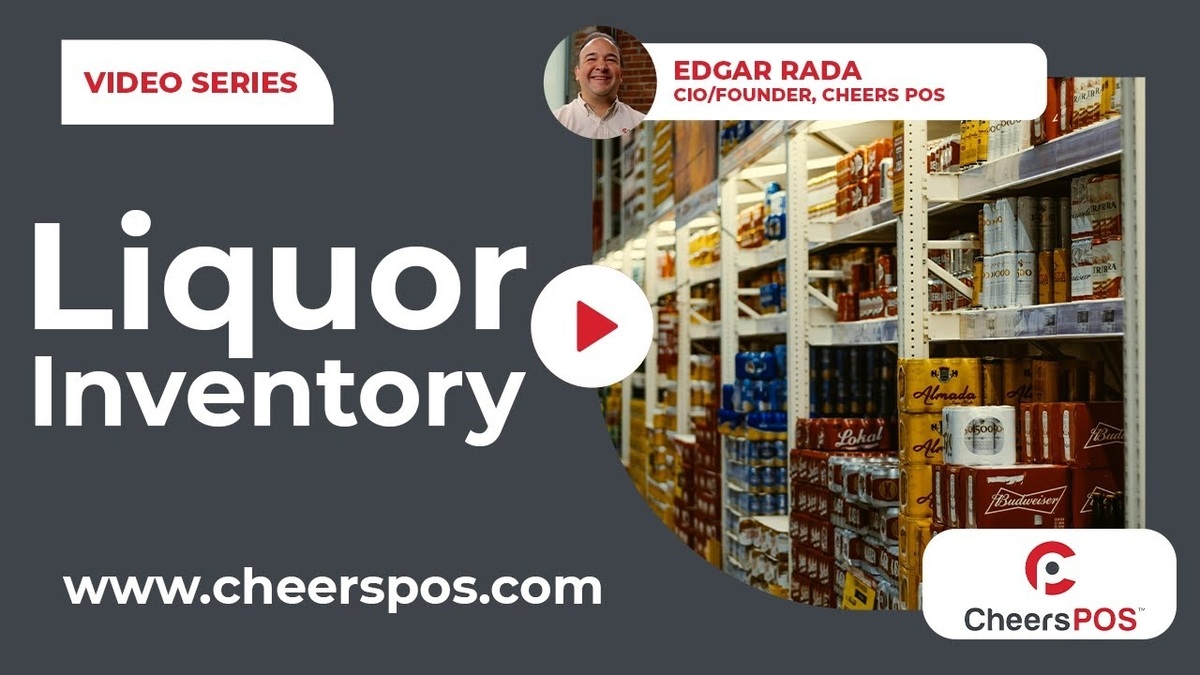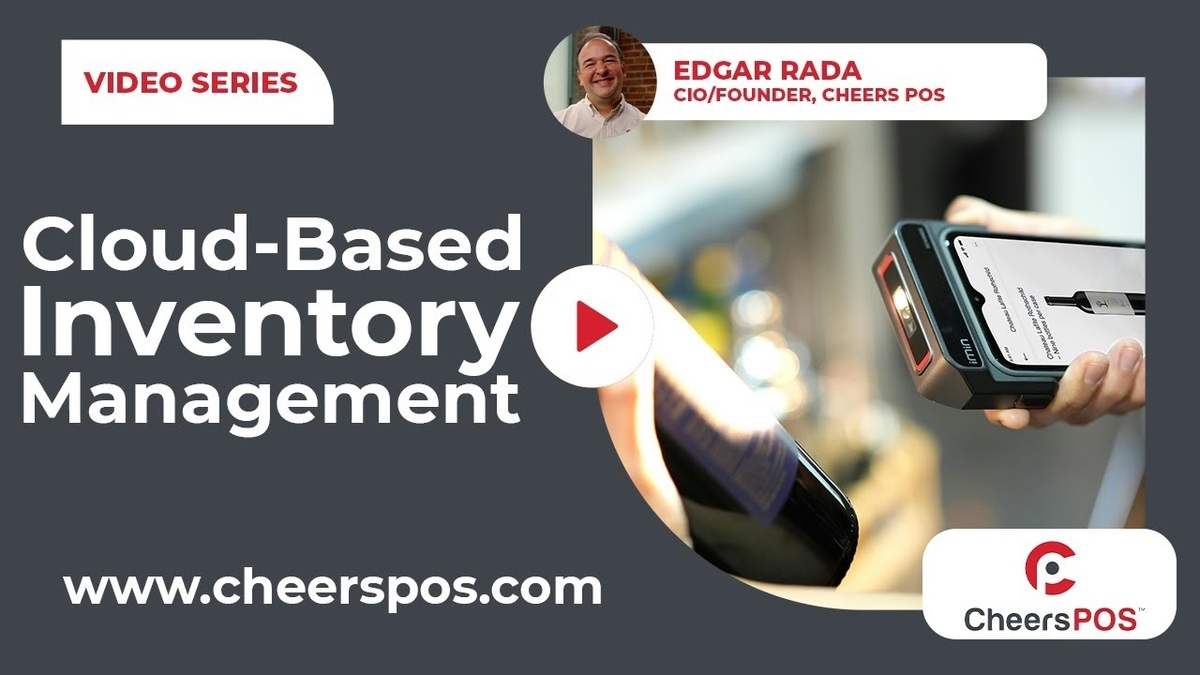Getting a liquor license is one of the most important steps when opening or expanding a liquor store, bar, or restaurant. However, the process can be complex, and mistakes can delay or even derail your business plans. In this guide, we’ll go over the essential steps to take when applying for a liquor license and highlight common pitfalls to avoid. By following these best practices and understanding key regulations, you can ensure your application process goes smoothly and stay compliant with local and state laws.
What to Do When Applying for a Liquor License
1. Understand Local and State Laws
Each state and locality has its own specific rules and requirements for obtaining a liquor license. Whether you’re opening a liquor store, restaurant, or bar, it’s essential to thoroughly understand the liquor laws in your area. This includes regulations on alcohol sales hours, the type of alcohol you can sell, and any age-related restrictions.
For example, Kansas requires liquor store owners to obtain a retail liquor license and follow additional guidelines such as statewide rules for pricing and sales hours. JWSuretyBonds explains some of the specific requirements for Kansas liquor licenses, but many states have similar processes. Be sure to research your state’s specific regulations to avoid surprises down the road.
2. Gather All Required Documents
The application process for a liquor license often involves submitting several documents, including proof of business ownership, tax records, and background checks for all business owners and key staff members. Some jurisdictions may require additional documents such as a certificate of occupancy (showing that your store meets zoning requirements) or an approved business plan.
The more prepared you are, the quicker the process will be. Be sure to double-check all documentation to avoid delays. If you miss something critical, it can delay the approval or result in your application being rejected.
3. Ensure Your Location is Zoning-Approved
Before applying for a liquor license, you need to confirm that the location of your business is zoned appropriately for alcohol sales. Zoning laws vary widely, and certain areas may restrict or prohibit liquor sales altogether. For example, some cities may not allow liquor stores near schools, churches, or residential areas. Check with your local zoning office to ensure your location meets the requirements.
Failing to comply with zoning regulations can result in fines, delays, or even the revocation of your license.
4. Get Bonded if Required
In many states, including Kansas, you will need to obtain a liquor license bond. This bond guarantees that your business will comply with the laws and regulations governing the sale of alcohol. It also ensures that your customers, employees, and the local community are protected from any unethical or illegal business practices.
Getting bonded is a necessary step in the application process and can often take time. It’s a good idea to start this step early in the process to avoid any delays.
5. Work with a Liquor License Expert or Attorney
The process of obtaining a liquor license can be intricate, especially if you’re not familiar with the local laws. Consider working with a professional liquor license consultant or attorney who specializes in the liquor license application process. They can help ensure you meet all legal requirements, submit the necessary paperwork, and navigate any challenges that may arise.
What to Avoid When Applying for a Liquor License
While the steps above outline what you should do when applying for a liquor license, there are also several common mistakes and pitfalls to avoid. Here are the top things to steer clear of:
1. Neglecting Compliance with Local Zoning Laws
As mentioned earlier, zoning laws are critical to the liquor license application process. One of the biggest mistakes liquor store owners can make is not confirming their location’s zoning status before applying for a license. If your business is not in a designated zone for alcohol sales, your application will be denied.
For example, if your liquor store is too close to a school or church, you may not be eligible to obtain a license. Always check zoning laws and regulations before moving forward with any liquor license application.
2. Failing to Perform a Background Check
In most states, background checks are required for business owners and employees who will be involved in alcohol sales. A criminal history or issues with compliance in other businesses could disqualify you from receiving a license.
Avoid skipping this step or failing to disclose any required background information. Transparency is key. You want to make sure you’re honest and upfront in your application to avoid future legal issues.
3. Submitting Incomplete or Incorrect Documentation
One of the easiest ways to delay the process is by submitting incomplete or incorrect paperwork. Double-check all required documentation before submitting your application. Missing items or errors on forms can lead to rejection or significant delays.
If you’re uncertain about any document, reach out to the local alcohol control board or your lawyer for clarification before submitting the application.
4. Trying to Rush the Process
While it’s tempting to get the ball rolling as quickly as possible, rushing through the application process can be a big mistake. The liquor license application process can take several weeks or even months, depending on your location and the complexity of your application.
Avoid cutting corners or rushing through the necessary steps. Instead, make sure you’ve allowed ample time to submit the required documents, pass background checks, and complete any additional processes required by your state or local government.
5. Overlooking the Renewal Process
Liquor licenses are not permanent. Depending on the jurisdiction, liquor licenses often need to be renewed every year or every few years. It’s easy to forget about this step, especially once the license is granted, but failing to renew your license can result in fines or even the revocation of your license.
Make a note on your calendar to renew your license ahead of time and ensure that you stay compliant with all regulations throughout the lifetime of your business.
How Cheers POS Can Help With Liquor Store Compliance
While securing your liquor license is a critical first step, maintaining compliance is just as important. That’s where Cheers POS comes in.
Cheers POS offers a variety of features designed to help liquor store owners comply with local laws and streamline their operations:
-
Age Verification: Cheers POS includes built-in age verification functionality to ensure that alcohol is only sold to customers of legal drinking age.
-
Compliance Reporting: Cheers POS generates detailed compliance reports that help you stay on top of regulations and prepare for any audits or inspections.
-
Inventory Management: By accurately tracking stock levels and sales trends, Cheers POS helps you stay organized and compliant with local alcohol sales regulations.
-
Customizable POS System: Cheers POS is designed specifically for liquor stores, offering customized features that help with tax reporting, inventory, and sales management, reducing the chance of errors.
For liquor store owners, staying compliant with alcohol regulations is a continuous effort, and Cheers POS can make that process easier and more efficient.
Learn more about how Cheers POS can help your liquor store stay compliant and streamline operations.
Conclusion: Securing Your Liquor License
Obtaining a liquor license is a necessary step in starting or expanding a liquor store, but it can be a complicated process. By following the correct procedures, gathering all required documentation, and avoiding common mistakes, you can ensure that your liquor license application is approved smoothly and on time.
With a reliable POS system like Cheers POS, you can also streamline ongoing compliance, track inventory efficiently, and avoid future legal complications. Stay informed and organized as you navigate the world of liquor licenses, and your business will be on its way to success.
Call to Action:
Are you ready to streamline your liquor store operations? Cheers POS can help you manage inventory, stay compliant, and increase profitability. Request a demo today and see how we can help your business succeed.



